Publications
Articles, publications, books, tools and multimedia features from the U.S. Institute of Peace provide the latest news, analysis, research findings, practitioner guides and reports, all related to the conflict zones and issues that are at the center of the Institute’s work to prevent and reduce violent conflict.
Question And Answer
Blinken’s China Trip Shows Both Sides Want to Stabilize Ties
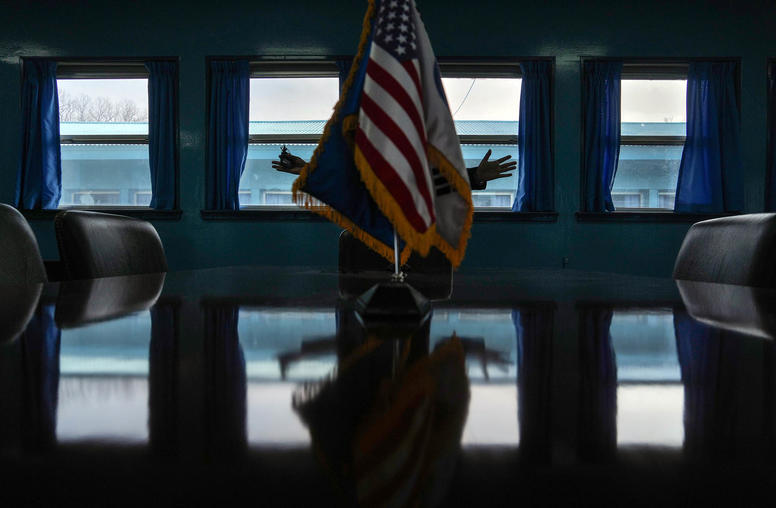
Revisiting the Two-State System for Peaceful Coexistence on the Korean Peninsula
The mounting tensions and risk of nuclear war that plague the Korean Peninsula today are typically attributed to a combination of North Korea’s aggressive nuclear posture and doctrine and the U.S.-South Korea alliance’s proactive deterrence countermeasures. However, while these factors are proximate and important, they themselves stem from a deeper, fundamental cause. The longstanding division of the Korean Peninsula has trapped the two Koreas in an endless unification competition to outcompete and take over one another, which drives the arms race and confrontational military postures against each other. Advancing a “two-state system” that mitigates the unification competition may help promote peaceful coexistence between South and North Korea and reduce the risks of conventional and nuclear war on the peninsula.
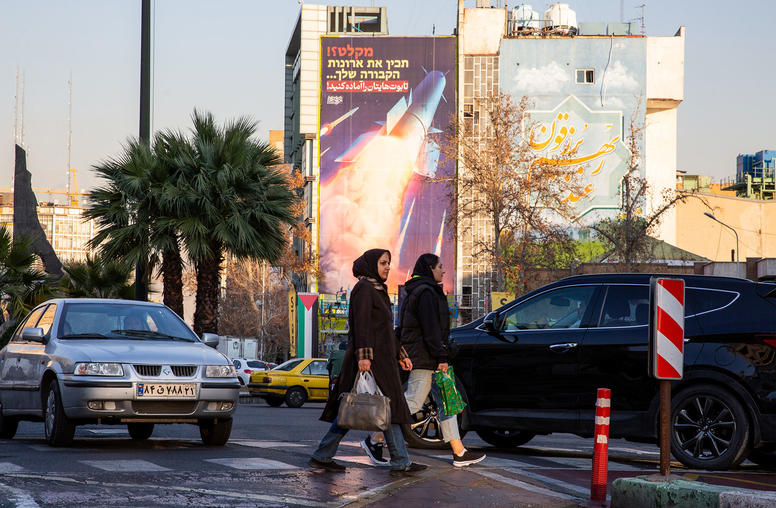
Making Sense of Iran-Pakistan Cross-Border Strikes
In a surprising turn on January 16, Iran launched missile strikes into Pakistan’s Baluchistan province, claiming it had hit two strongholds of anti-Iran insurgent group Jaish al-Adl (Army of Justice). Iran announced the attack in Pakistan concurrent to its strikes in Iraq and Syria. Less than two days later, Pakistan hit back with not only missiles but also fighter jets in Iran’s Sistan-Baluchistan province — claiming to target hideouts of anti-Pakistan ethno-nationalist insurgents operating from Iranian soil.
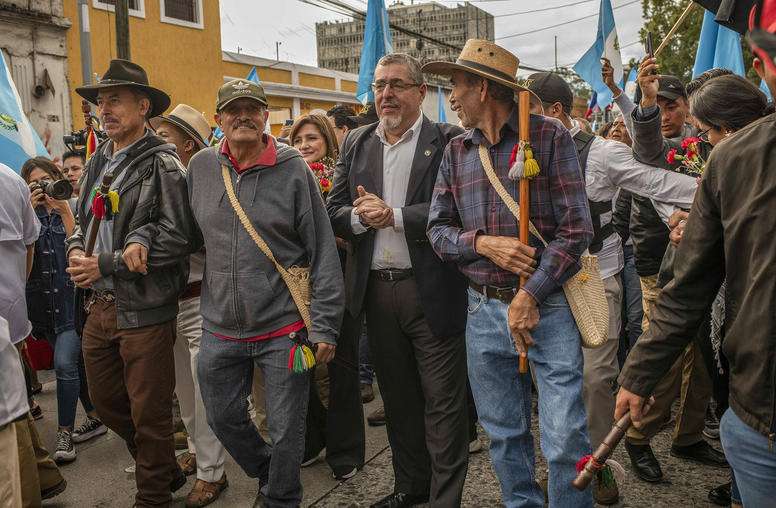
De Constructor de Paz a Presidente: los Desafíos que enfrenta Arévalo en Guatemala
El nuevo presidente de Guatemala, Bernardo Arévalo, ha desafiado repetidamente las expectativas: primero, al terminar inesperadamente en segundo lugar en la primera vuelta de las elecciones presidenciales el pasado junio; luego, al ganar la segunda vuelta por un amplio margen en agosto, y finalmente, al sobrevivir a una avalancha de retos legales antes de su toma de posesión el 14 de enero.

From Peace Builder to President: The Challenges Facing Guatemala’s Arévalo
Guatemala’s new president, Bernardo Arévalo, has repeatedly defied the odds: first by unexpectedly surging to second place in his country’s first-round presidential elections last June; next by winning the final round by a landslide in August, and then by surviving an onslaught of legal challenges in the run-up to his January 14th inauguration.
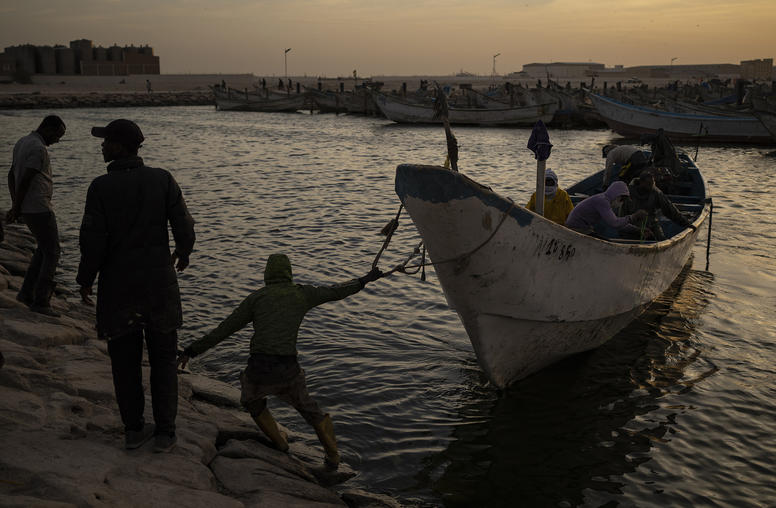
Senior Study Group for the Sahel: Final Report and Recommendations
The United States has not traditionally viewed the Sahel as a region of vital interest, whether in terms of security or from an economic or business perspective. This has led to a pattern of reactive involvement shaped by the circumstances of specific events rather than proactive commitments. This pattern reveals the lack of a comprehensive strategy for the volatile Western Sahel region, which includes Burkina Faso, Chad, Mali, Mauritania, and Niger. In April 2022, President Joe Biden announced that the US government would advance the “U.S. Strategy to Prevent Conflict and Promote Stability” in coastal West Africa by prioritizing a partnership with Benin, Côte d’Ivoire, Ghana, Guinea, and Togo.

Jason Tower on China’s Growing Influence in Myanmar
A string of recent defeats for Myanmar’s junta has “re-energized the resistance across the country,” says USIP’s Jason Tower. But as China takes a more involved approach to the conflict, there are concerns that “growing Chinese influence might pose more of a challenge to a free and open Indo-Pacific in the future.”
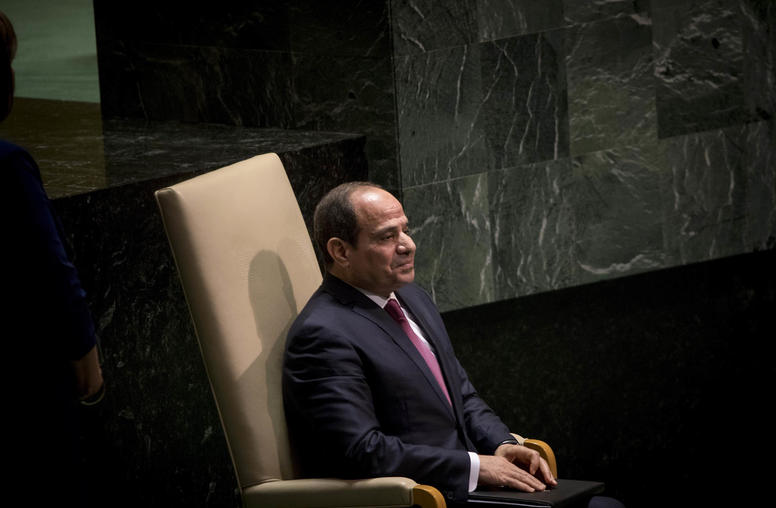
Six Dilemmas Facing Egypt
Since Hamas took control of Gaza in 2007, Egypt has been heavily involved in efforts to end the military confrontations and wars that have periodically broken out in Gaza. However, the scope, scale and stakes of the current war is unlike any prior round of hostilities. In response to the massacre and hostage-taking of mostly Israeli civilians by Hamas and other militant armed groups during their devastating attack on Israel on October 7, 2023, Israel has launched one of the most destructive wars in its history. Indeed, this war will be transformational in numerous ways, with ramifications for several stakeholders beyond the parties themselves.
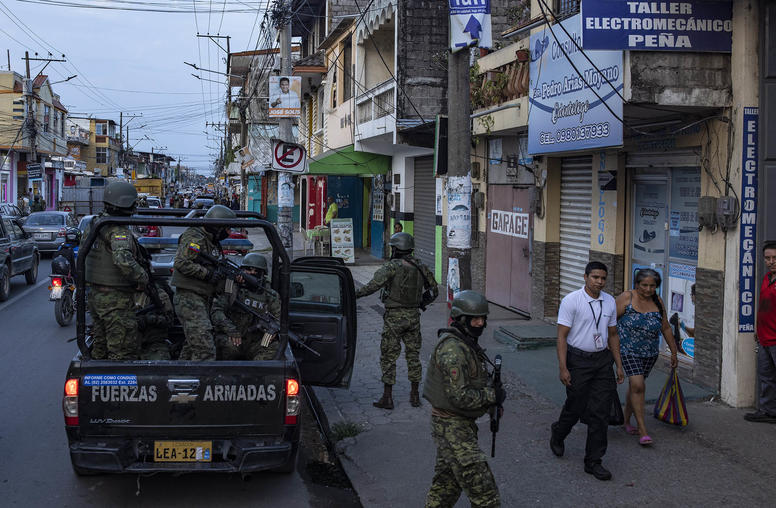
It’s Not Too Early to Talk about Plan Ecuador
Since his assumption of Ecuador’s presidency on November 23, 2023, Daniel Noboa has faced a surge in violence that culminated the week of January 8th with prison riots, the abduction of police officers, car bombings, looting and the dramatic kidnapping of TV presenters during a live broadcast. Noboa fought back by announcing a state of emergency, opening the way for the armed forces to confront 22 gangs classified as “terrorist organizations.” It is not too early to consider a surge in international support for Ecuador, such as a more modest and community-centered version of the highly successful Plan Colombia, given the strength of transnational and national criminal organizations.
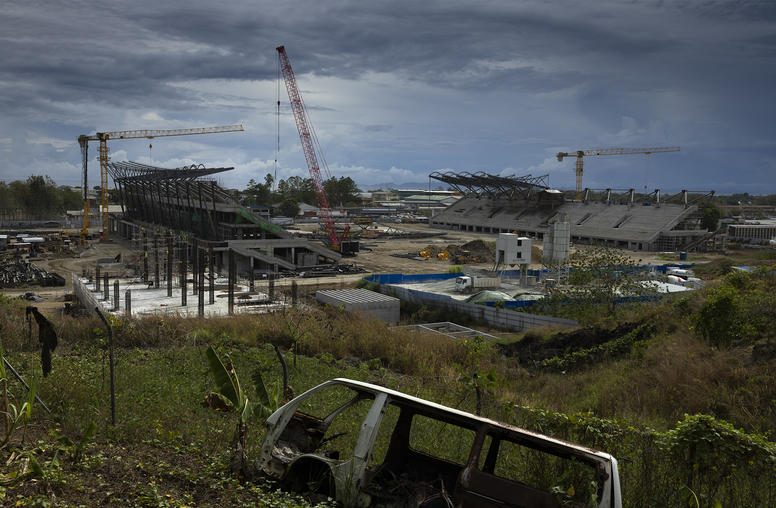
Financially Weak Pacific Island States Are Vulnerable to China
The Pacific island nation of Nauru this week switched diplomatic recognition from Taiwan to China, a move that could seem of little consequence in a largely symbolic competition between Taipei and Beijing. But the move has a deeper significance for the United States.

No es demasiado pronto para hablar sobre un Plan Ecuador
Desde que asumió la presidencia del Ecuador el pasado 23 de noviembre de 2023, Daniel Noboa ha enfrentado una escalada de violencia que culminó la semana del 8 de enero con disturbios en cárceles, retención de policías, atentados con bombas, saqueos y el dramático secuestro de presentadores de televisión durante una transmisión en vivo. Noboa respondió imponiendo un estado de emergencia, abriendo así el camino para que las Fuerzas Armadas enfrenten a 22 pandillas clasificadas como "organizaciones terroristas". Dado el poder de estas organizaciones criminales transnacionales y nacionales, no es demasiado pronto para considerar un aumento en el apoyo internacional a Ecuador, mediante una versión más modesta del Plan Colombia orientada hacia las comunidades.